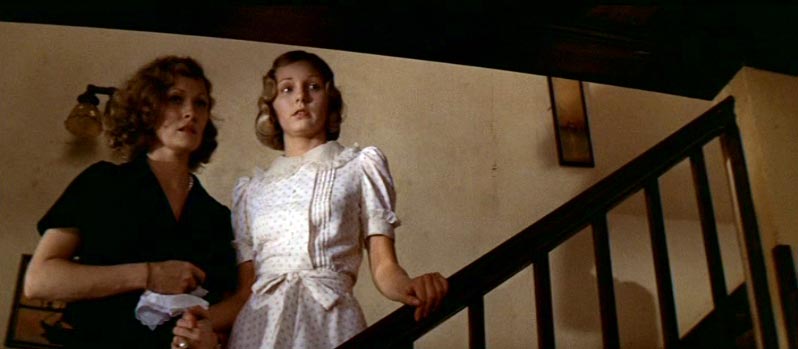Polanski’s best films are the films he’s made about women and their protest. But thinking about these films, it is impossible not to think of the women in his life: his mother, Bula, who was murdered while pregnant in Birkenau at Auschwitz; his wife, Sharon Tate, who was murdered while pregnant by the Manson family in California; and Samantha Gailey, whom Polanski was charged with raping while she was 13 years old.
I don’t know what kind of role these people and these events—especially his committing a sexual assault against a minor—should play in thinking about his movies; for me this remains an open and troubling question. Some might take his crime as reason enough to give up on his movies, certainly ground enough to give up any expectation that his films could display a sensitivity to women’s lives. These issues raise properly philosophical questions about the role an action should play in thinking about character, and the role character should play in thinking about art (a question made even more difficult with a collaborative medium like film). I think, though, it is still possible to watch his films about women and see something like a capacity to speak truly about our experience, to find in cinema the capacity to reflect our world.
